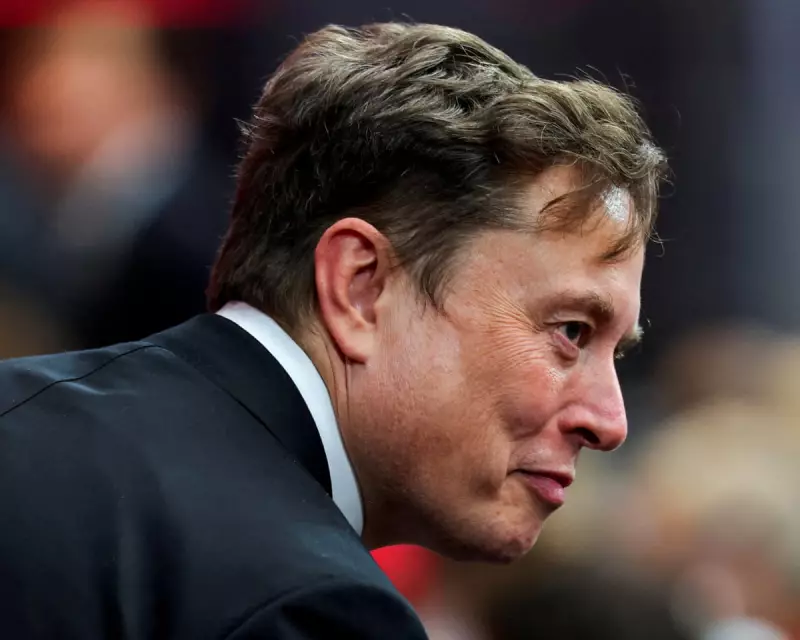
In a dramatic corporate turnaround that's sent shockwaves through the business world, Tesla shareholders have voted to reinstate Elon Musk's monumental compensation package valued at approximately $1 trillion.
The Billion-Dollar Comeback
The electric vehicle giant's investors delivered a resounding endorsement of Musk's leadership, approving the pay deal that a Delaware judge had previously voided earlier this year. This represents one of the largest executive compensation packages in corporate history.
"The vote is currently passing by a wide margin!" Musk announced triumphantly on his social media platform X, formerly Twitter. The billionaire entrepreneur had mounted an aggressive campaign to rally shareholder support in recent weeks.
Governance Concerns vs. Visionary Leadership
The approval comes despite significant opposition from major institutional investors and corporate governance advocates. Critics argued the package was excessively large and raised questions about board independence.
However, Tesla's board maintained that the compensation was essential to retain Musk's leadership and motivate him to achieve unprecedented growth targets. The package ties Musk's earnings entirely to performance metrics, requiring Tesla's market value to soar to $1 trillion.
What This Means for Tesla's Future
- Musk remains tied to Tesla through his "uncompensated employment" agreement
- The company avoids a potential leadership crisis had Musk reduced his involvement
- Shareholders signal confidence in Musk's ambitious growth strategy
- Legal battles may continue as the package faces ongoing court scrutiny
The decision underscores the ongoing tension between traditional corporate governance standards and the cult of personality that has become increasingly common in tech leadership. As one industry analyst noted, "This isn't just about money—it's about shareholders betting everything on Musk's vision, for better or worse."
With this victory, Musk secures his position not just as Tesla's CEO, but as one of the highest-paid executives in modern corporate history, setting a new precedent for executive compensation that will likely influence boardrooms worldwide.






